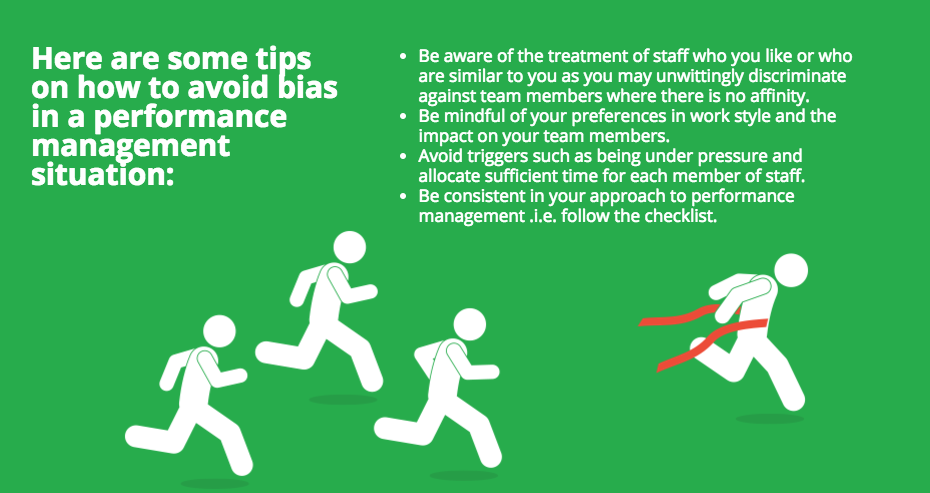Diversity Without Inclusion Isn’t Diversity
11th August 2017

The now ex-Google Employee’s ‘Anti-Diversity Manifesto‘ that recently was leaked to the wider world has had the diversity community in hot debate.
The anti-diversity document, which is the personal opinion of one senior software engineer, James Damore, was shared on a company mailing list and set out a number of points questioning Google’s approach and practices with regard to diversity.
Although Mr Damore’s document was not inline with Google’s diversity agenda to sack him could be seen as supporting the fears of people who are apprehensive about or do not see the benefits of diversity training.
Since the manifesto was circulated widely on the Internet, there have been lots of responses and personal opinion published about its contents, what this means for diversity at Google and for diversity issues in general.
Beyond Google, the issues raised and the surrounding debate following publication of James Damore’s document are concentrated on only two aspects of diversity notably gender and race. Diversity as a concept should be much broader in its scope encompassing the spectrum of personal characteristics that people possess.
Even after years of legislation unfair discrimination exists within wider society and the workplace. Illegal discrimination should be avoided as this damages individuals and organisations.
The increasing of diversity in organisations needs to be achieved in ways that do not create the transference of unfair or illegal discrimination to different groups. This is why inclusion is an important concept in achieving organisations that are really diverse.
Diversity training should support the creation of fair, inclusive and transparent actions, behaviours and cultures within organisations.
This form of training is not aimed at being divisive it is focused on an integrated and inclusive approach to explain the benefits and allow all views to be heard. This is something that Marshall E-Learning is committed to in the development and delivery of’ diversity training.
Why is an inclusive approach to diversity and diversity training important?
Embracing ‘diversity in the workplace‘ and wider society can only be sustainable and effective if an inclusive attitude to the differences that exist is adopted.
This means we cannot approach diversity from an exclusive perspective for example only concentrating on a single personal characteristic and ignoring others, rather we have to engage and create a realistic dialogue with all our employees. This isn’t to say that prioritisation of action to address specific disadvantages of a particular characteristic cannot be implemented but this must not be at the expense of other personal characteristics.
In addition when there is a need for priority action this needs to be communicated to those who do not have access to specific programmes or actions.
Being inclusive allows individuals to participate through realistic engagement and understanding not simply being told what to do.
Diversity and Performance
Managing performance should be about the performance of individuals within a framework of performance standards regardless of the diversity of those individuals. We are currently developing new courses and approaches to managing performance using coaching and collaborative methodology to help managers in supporting and oversee maintenance and improvements in employee performance.
We are currently developing new courses and approaches to managing performance using coaching and collaborative methodology to help managers in supporting and oversee maintenance and improvements in employee performance. The focus is on the individual, not any particular characteristic that the individual may have.
The focus is on the individual not any particular characteristic that the individual may have.
Diversity and Unconscious Bias
Unconscious bias training should not be about reprogramming the brain it is about raising awareness of factors that impact on decision-making. It is accepted that people have both conscious and unconscious biases, therefore, it must be sensible to be aware that we have these biases and that we can use them in the decisions that we take.
It is accepted that people have both conscious and unconscious biases, therefore, it must be sensible to be aware that we have these biases and that we can use them in the decisions that we take. Everyone on the planet uses shortcuts in their thought processes on a daily basis. We could not function without making assumptions, allowing automatic decision-making to occur and following certain routines.
Everyone on the planet uses shortcuts in their thought processes on a daily basis. We could not function without making assumptions, allowing automatic decision-making to occur and following certain routines. However, when it comes to making decisions about people we need to ensure that we are being fair inclusive and transparent.
However, when it comes to making decisions about people we need to ensure that we are being fair inclusive and transparent. All of us lean towards recognising stereotypical characteristics in other people and using limited information to create a picture that we use to measure them against our benchmarks.
All of us lean towards recognising stereotypical characteristics in other people and using limited information to create a picture that we use to measure them against our benchmarks. This can be magnified when we encounter diversity and could influence our attitudes and behaviours towards others.
This can be magnified when we encounter diversity and could influence our attitudes and behaviours towards others. Marshall E-Learning takes great care in building unconscious bias training that is based on what happens in reality, not an ideological construct.
Marshall E-Learning takes great care in building ‘unconscious bias elearning training’ that is based on what happens in reality, not an ideological construct. This approach has seen us being approached by everyone from the police to universities, to global corporations, to supermarkets to even the British dance council to develop their unconscious bias training.
Marshall E-Learning offer flexible, managed e-learning services including an introduction to Unconscious Bias in the workplace.
Contact us today to discuss how our courses can help your staff be more aware of their decision-making process, and reduce unconscious bias in your workplace.


